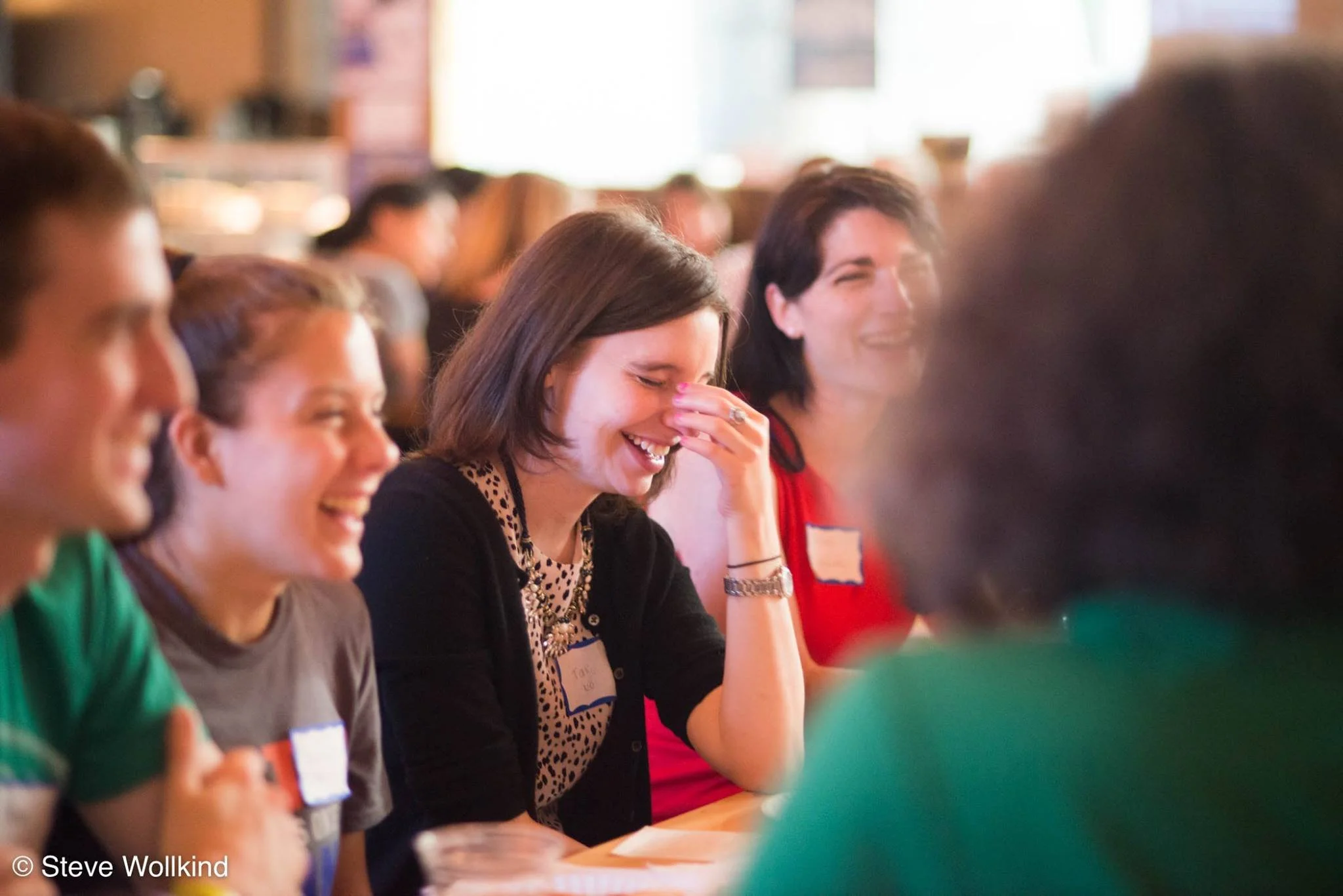That’s right, it’s a Skip the Small Talk recommendation masterlist!
Read MoreWhen it comes to taking care of yourself, it’s the little things that count. Here are some check-in questions to help.
Read MoreRemember that bad days are bad days, not all days.
Read MoreIf you struggle with working memory, adapting to change, or impulse control, it’s not just in your head! It is, however, in your brain.
Read MoreRead on for five resources to help un-break your brain without breaking the bank.
Read MoreEverybody has those days! Read on for some silly, sweet, and serious ways to cheer yourself up…
Read MoreThe “New Year Season” is one that can be rife with mixed emotions, reactions, and approaches. Some may feel excitement at the chance to start with a fresh slate, some may find themselves engaging in self-criticism as they set their new year’s resolutions, and others may disregard the idea of the time construct and the marker of a new year entirely. Engaging in discourse with loved ones about their viewpoints, emotions, and plans for the new year can be an incredible way to connect more deeply. You’ll learn more about them and their perspective on life while getting the chance to reflect on what you want this next year to look like together, and how you may support each other in that. Conversations about the new year can be triggering for some - so approaching these conversations with meaningful questions that omit judgment and leave space for a range of experiences and thoughts is of the utmost importance. Try out the questions below, and see how much more connected you feel to your loved one going into the new year!
Read MoreIt’s a weird time in history to be thinking about having fun. We’re still chugging along through a worldwide pandemic, a lot of us are depressed and anxious from years of social isolation, and “having fun” may not even sound appealing anymore. But the reality is, there’s a ton of research out there showing that fun and play are healing. If you need more proof, Catherine Price has recently written a whole book about the importance of fun and how to have more of it.
So here are some tips for having more fun, even when fun sounds like the last thing you want to do.
Read MoreAt Skip the Small Talks, we ask attendees to have compassion for others and for themselves as they try out new ways to hold conversations. It’s probably obvious why we care about people having compassion for each other at an event where strangers are getting to know each other for the first time, but equally if not more important in that context is self-compassion. That’s because any attempt at change or improvement generally goes much more smoothly if you’re not beating yourself up after every setback. Connecting genuinely often requires taking some risks (like sharing things that feel a little vulnerable), and having compassion for yourself when those risks don’t pan out the way you hope can help you continue taking some risks in the long-term, and can help make the learning process easier for you in the short-term.
Read MoreAsking for help is vulnerable; when we solicit support of any kind, we open ourselves up to the possibility of rejection and all the accompanying feelings and self-judgments. So, it’s understandable that many of us feel anxious about it or have a hard time asking others for much beyond passing the mashed potatoes at dinner-- and even that can raise anxiety.
Read MoreI’ve always been a “friend-group therapist.” Even as my social network has morphed over time, the one constant is that for better or for worse, people seem to come to me for help with their struggles more often than they go to others. It’s been that way ever since I was in grade school, when my crush looked to me for advice about whether or not he should tell HIS crush that he was really into her (ouch).
Read More










